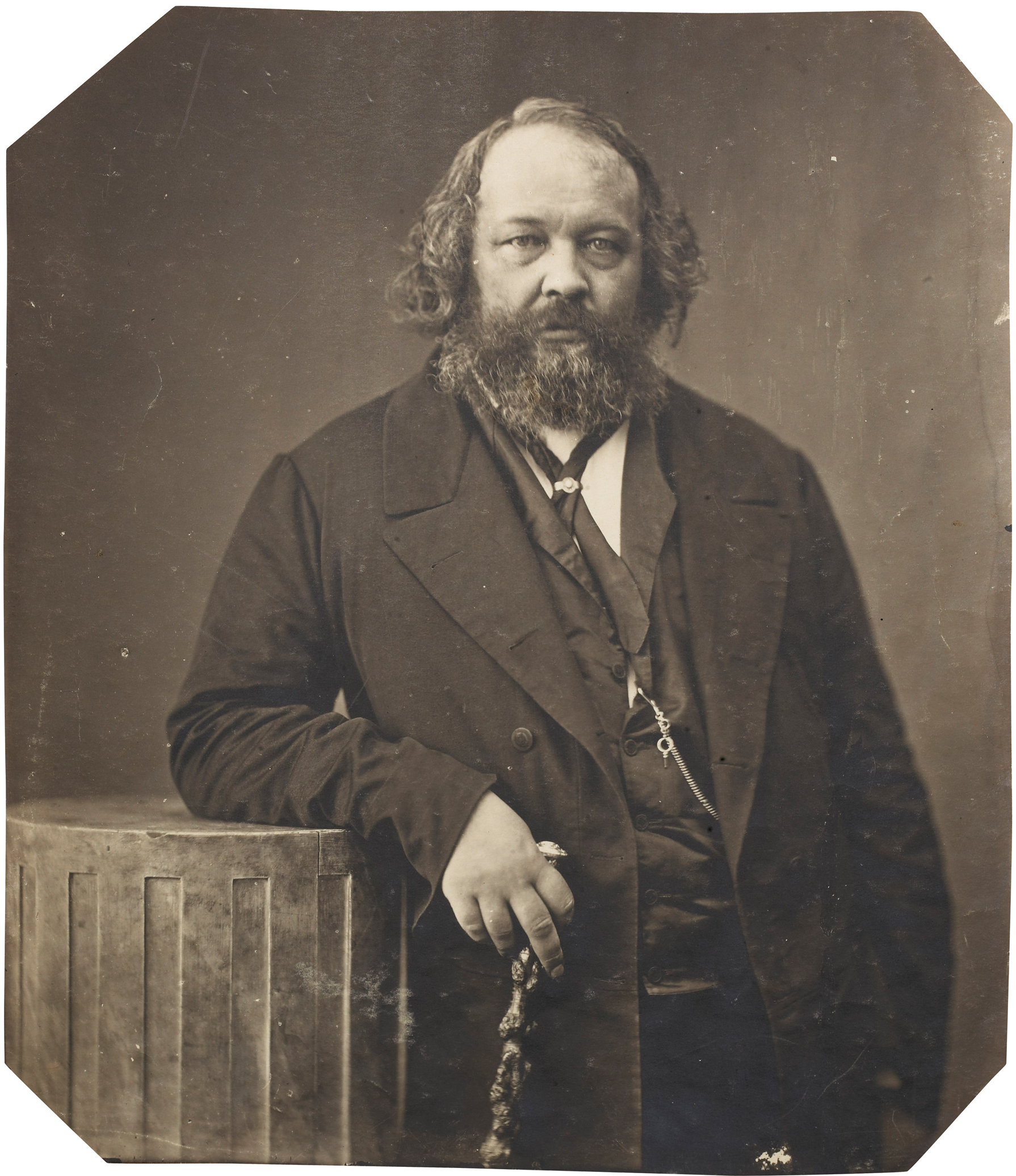Notable Populists:
 Nikolay Chernyshevsky (1828-1889)- Russian revolutionary democrat that supported overthrow of the govenrment by the peasant class, He believed that Russian economy and politics should revolve around the concept of the mir- the old peasant commune. Author of What is to be Done?
Nikolay Chernyshevsky (1828-1889)- Russian revolutionary democrat that supported overthrow of the govenrment by the peasant class, He believed that Russian economy and politics should revolve around the concept of the mir- the old peasant commune. Author of What is to be Done? Mikhail Bakunin(1814-1876)- A radical thinker that promoted anarchism on the basis that anyone in power (regardless of class, status, and wealth) would eventually lead an oppressive state solely based on the nature of ruling. He opposed democracy because he believed that the bourgeoisie would come to rule in any and every scenario.
Mikhail Bakunin(1814-1876)- A radical thinker that promoted anarchism on the basis that anyone in power (regardless of class, status, and wealth) would eventually lead an oppressive state solely based on the nature of ruling. He opposed democracy because he believed that the bourgeoisie would come to rule in any and every scenario.https://www.marxists.org/reference/archive/bakunin/works/1870/on-elections.htm
 Alexander Herzen(1812-1870)- Author of the Polyarnaya Zvyezda (or Polar Star), and the Kolokol (The Bell). Herzen was an ardent supporter of personal freedoms (especially for peasants) and heavily lobbied for the abolition of serfdom. Although he rejected the notion of state rule and sought self-rule for the people of Russia he initially had faith in the liberal movement (which was despised by the radical Marxist movement under the notion that the liberals would establish a bourgeois democracy) and did not side with the more radical socialists for fear of replacing one dictatorship with another. Although he rejected the notion of state rule, he understood cooperation with the state was necessary in order to achieve personal liberties for all peoples. He lost a degree of support in expressing sympathy for the insurgents in the January Uprising of 1863.
Alexander Herzen(1812-1870)- Author of the Polyarnaya Zvyezda (or Polar Star), and the Kolokol (The Bell). Herzen was an ardent supporter of personal freedoms (especially for peasants) and heavily lobbied for the abolition of serfdom. Although he rejected the notion of state rule and sought self-rule for the people of Russia he initially had faith in the liberal movement (which was despised by the radical Marxist movement under the notion that the liberals would establish a bourgeois democracy) and did not side with the more radical socialists for fear of replacing one dictatorship with another. Although he rejected the notion of state rule, he understood cooperation with the state was necessary in order to achieve personal liberties for all peoples. He lost a degree of support in expressing sympathy for the insurgents in the January Uprising of 1863.http://spuscizna.org/spuscizna/1863-yt.html
https://www.marxists.org/archive/lenin/works/1912/may/08c.htm
No comments:
Post a Comment